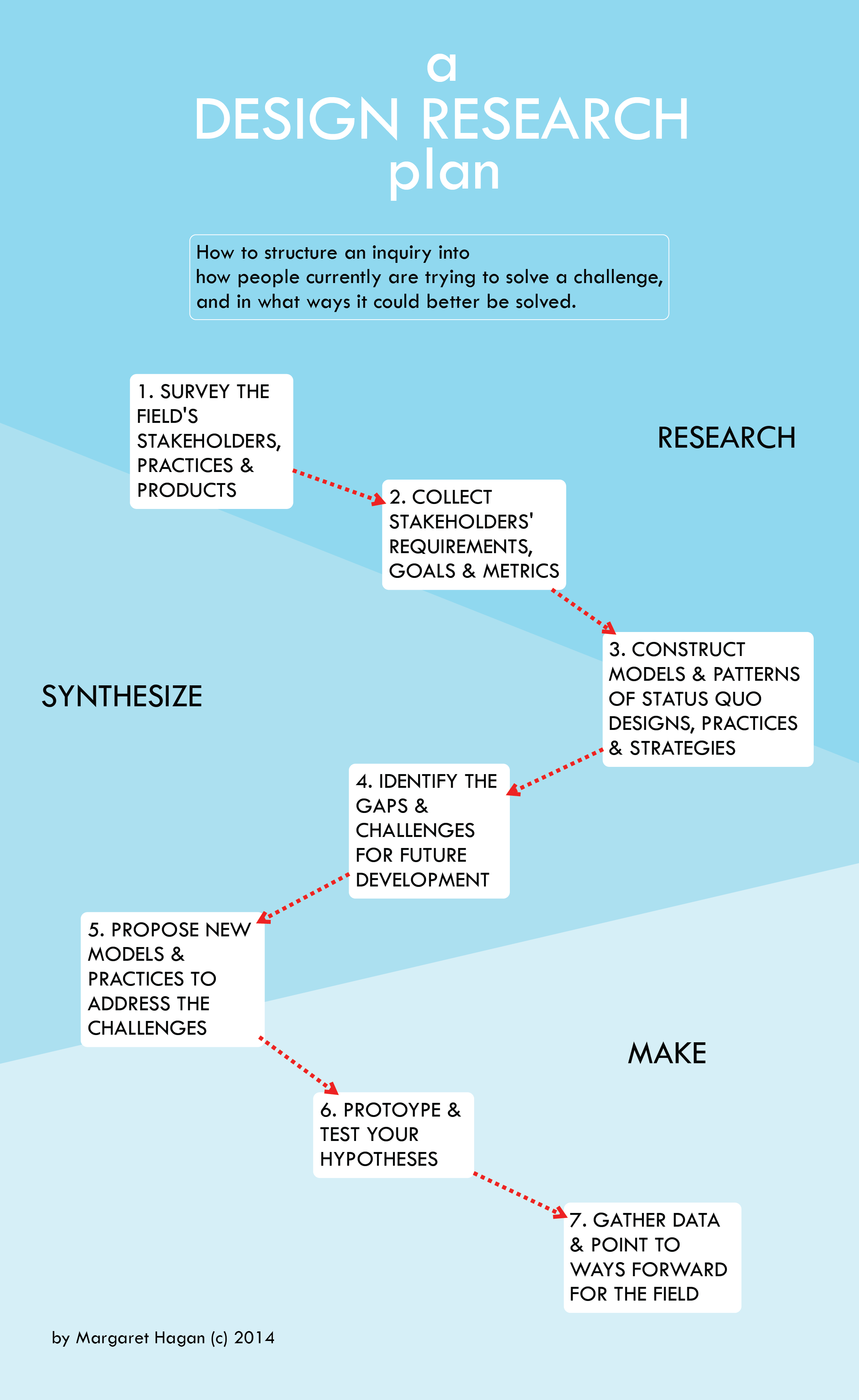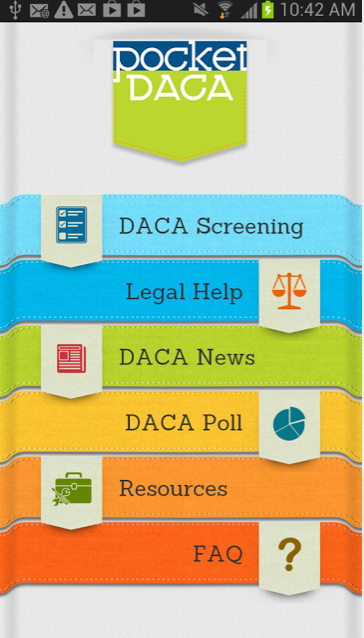We’ve submitted one of our consumer-law projects, Legal Navigator Maps, to the Knight News Challenge.
The Knight Foundation, Mozilla, and Ford Foundation are sponsoring this year’s challenge, with the following brief:
This is an open call for ideas. We want to discover projects that make the Internet better. We believe that access to information is key to vibrant and successful communities, and we want the Internet to remain an open, equitable platform for free expression, commerce and learning. We want an Internet that fuels innovation through the creation and sharing of ideas.
We don’t have specific projects in mind that we’re hoping to see in response to our question. Instead, we want this challenge to attract a range of approaches. In addition to technologies, we’re open to ideas focused on journalism, policy, research, education– any innovative project that results in a stronger Internet.
So we want to know what you think– what captures your imagination when you think about the Internet as a place for free expression and innovation? In June we will award $2.75 million, including $250,000 from the Ford Foundation, to support the most compelling ideas.
Our idea submission is Legal Navigator Maps. Here’s our description:
Legal Navigator Maps is an online platform of visual, reliable, legal guides for people scouring the web for information on their problem. It offers a collection of interactive, nested flowcharts of how a person can navigate a legal process — whether it be applying for a visa, filing for bankruptcy, or resolving a traffic ticket.
It also provides an easy way for legal experts to communicate their legal expertise. Rather than producing a text pamphlet about the law, the expert can generate an elegant, compelling guide and share it with the Internet, with minimal tech or design knowledge.
The Problem We’re Solving
When a person has a legal problem, often she turns to the Internet.
She’ll scour forums and articles for any information to help her understand what her situation is. She’ll try to get smart & strategic, searching for what options she has to resolve her problem. And she’ll try to find some reliable advice to get confident about what choices to make.
The problem is, the Internet doesn’t help her. It has unreliable, casual advice on forums, or reliable but amazingly dense legal texts. There’s a few sites with readable and practical articles about common legal problems. But there’s no place for a normal person with a legal problem to get in control of their situation — and the Internet’s jumble of information can make her feel more lost, confused, & disempowered.
Our Solution
That’s why we’re building Legal Navigator Maps, to provide interactive and graphic wayfinders to help people who are stressed & worried about their legal situation. Our research has shown consistently that people searching for legal information (1) want visual resources rather than text ones, (2) they want to get an overview of the process in a quick and easy way, and (3) they want to see all the possible pathways that are open to them.
We’ve designed Legal Navigator Maps to fit this need, and also tap into the expertise of lawyers and legal aid providers who want to communicate legal guidance but are searching for easy-to-use and well-designed alternatives to text pamphlets. These experts do not have the financial or technical resources to create visual or online guides, so Legal Navigator Maps is designed to make the process of creating a visual guide as simple as possible.
Our solution aims to bring these two users together to benefit both — and ultimately to create a better Internet, with an engaging & trustworthy legal resource.
One of our concept designs for the project, that we’re using to test right now:





